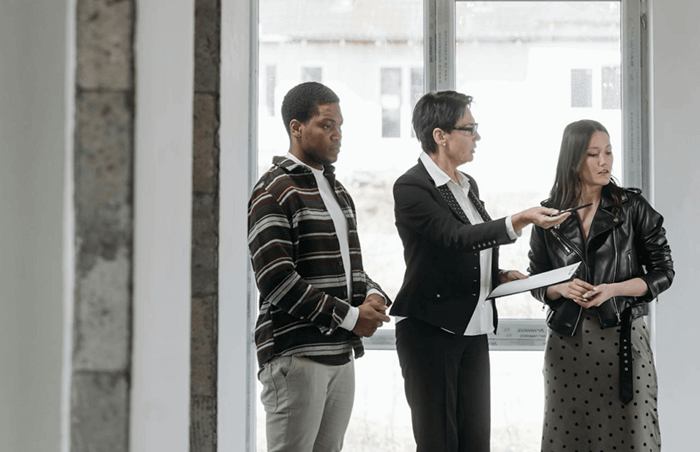What exactly happens during the Closing?
The equity of the buyer is placed in an escrow account by the title company or the attorney. If you utilize financing through a U.S. bank your lender will transfer the loan funds to that escrow account. The seller will transfer the property to you via a deed, the keys will be handed over. The title or the attorney will arrange the registration of the ownership change and the mortgage in Florida. The seller will simultaneously receive the purchase price minus the closing costs and possible open credits.
Where does the Closing take place?
The parties can appoint an attorney or a title company for the settlement of the closing. Depending on the region and on contractual agreements, the buyer or the seller will bear the majority of the costs for the title insurance. Advantages of an attorney: He can naturally give legal advice and thereby clarify contractual faults and their impact as well as inform the buyer regarding the ownership form or estate planning.
Who is present for the Closing?
Of course the closing agent of the title company or the attorney, buyer and seller, as well as their brokers will be present. Both parties can sign simultaneously or consecutively. In most cases one or both parties are not present on site. If this is the case, the closing documents will be sent out in advance, this can occur via courier or email. The signatures and their certification will be done elsewhere (e.g. Notary Public or an American consulate), however the official closing will be conducted at the agreed upon place and time in the U.S. – solely by the title company or the attorney. It is very important that the documents and monies be available at that point. In some cases the signatures can be done by proxy. However, when dealing with financing this is only possible with restrictions.
When does the closing take place?
What should the foreign buyer consider immediately before the closing?
The buyer should check the charges and fees in the “Closing Statement” (also: “HUD Settlement Statement”) to make sure that all prepayments were considered. In addition it should be ensured that all necessary and important inspections are carried out. Possible necessary repairs should be completed before the conclusion of the closing. Please check the title insurance and the survey for the completeness and accuracy of the information (for example “legal description”, ownership) or possible changes. Homeowners insurance should be in effect at the time of closing. If the property is financed, the insurance is mandatory from this date. No bank will disburse funding without proof of adequate insurance coverage. Right before the closing you should walk through the property or have a trusted person walk through it for you in order to ensure that the conditions of the property meet the agreed upon standards and that all repairs were done. Of course care must be taken to ensure that all equity, debt and any additional costs are available promptly.
What costs can I expect?
When you are financing we will immediately provide you with a “Good Faith Estimate”. With this we are disclosing to you our best estimate of the expected fees and disbursements regarding the purchase and financing according to our best knowledge and belief. Prior to the closing you will receive the final version of this list with the binding and exact amount of the actual costs from the closing agent, the so called “Closing Statement” or “HUD Settlement Statement”. Here the fees are calculated to the penny and show which party they will be paid.
How long does a Closing take?
A closing generally takes approximately 30 – 90 minutes. A “Closing Agent” will present the documents to the buyer and the seller, will have them signed and will authenticate the signatures. If no further questions exist, this should go by relatively quickly, despite the wealth of documents. Yet it is advisable not to rush during the closing. All documents will become legally binding with the given signatures. Should the buyer or seller not be personally available for the closing, the actual closing becomes administrative, which will be completed by the “Closing Agent” during his working day.




